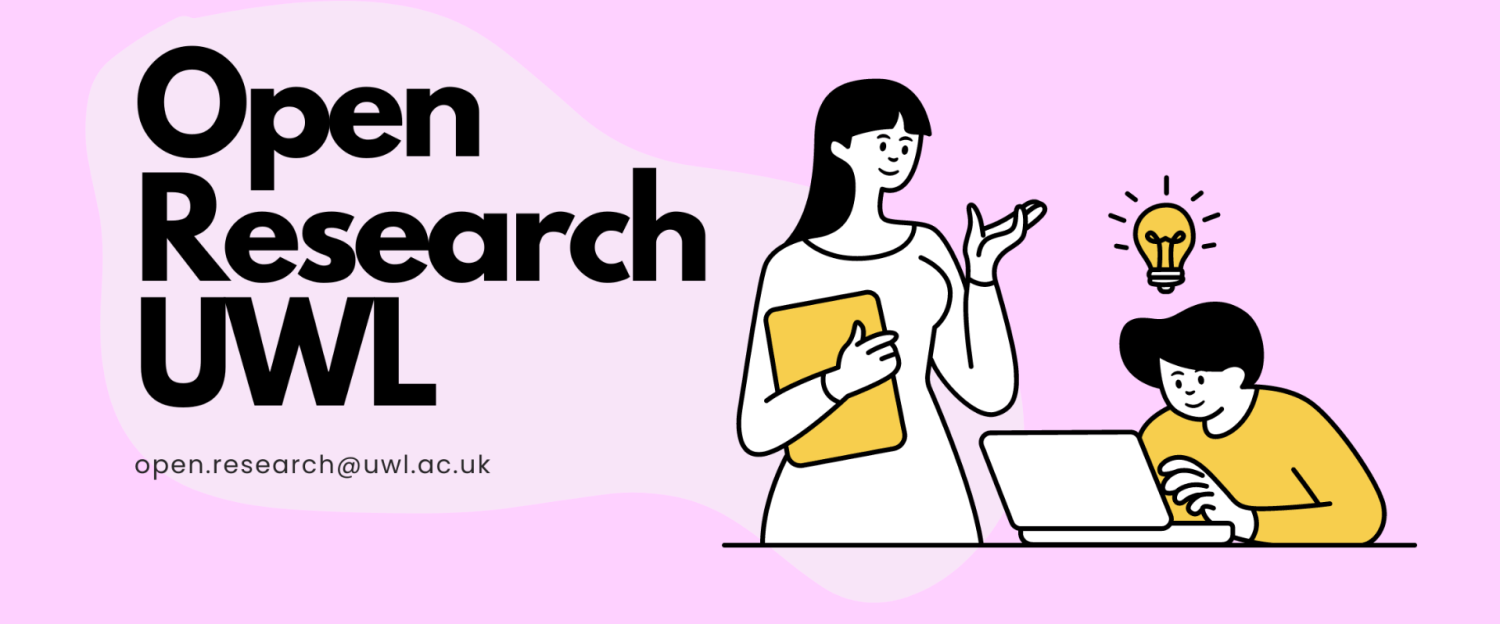In today’s post we’re going to focus on our collections of theses, as part #openaccessweek2018 #ThesisThursday!
One of the major positive aspects of the UWL Repository that Library Services are keen to promote is one far removed for the world of compliance and interpretation of open access policies and mandates.
Such mandates predominantly fall upon research outputs from academic staff that are employed within an institution or organisation, and are often more established within the academe.
However, some of the most exciting research undertaken by universities is the work of PhD candidates. Their theses are the culmination of extended and highly reviewed research, practice, application, and production.
The UWL Repository helps to showcase deposited theses and research dissertations, making them discoverable and accessible to a wide range of publics. The digital availability of theses has seen their value jump dramatically compared their scant use as reference only, physical materials, that traditionally occupy dusty shelves across the world.
But the UWL Repository saw an impressive 3’477 (IRUS-UK) theses downloads in 2016, which climbed almost threefold through 2017’s staggering 9’123 (IRUS-UK) downloads. 2018 has already seen another strong performance with well in excess of 5’000 (IRUS-UK) downloads up to September alone!
But I am cautious around framing the benefits of making theses available through open access in terms of big numbers. These downloads demonstrate how this cutting edge research is made accessible to eager publics, and that the work is in high demand.
The analogue print form of the thesis, traditionally stored in the stacks of academic libraries and almost invariably as a reference only resource, rarely yielded reference, but now the digital version allows greater freedom to users, and the discoverability provided through the UWL Repsoitory is key to uniting the reader with the research.
This digital evolution for theses has created a ‘crack’ which early career researchers can then develop by building their profile and strengthening stronger links with researchers and practitioners that are active within and across their given discipline(s).
If PhD candidates link their repository account to their ORCID account, that will also be associated at metadata level. Now that we have fully integrated UWL Repository with ORCID, they can export their record to their ORCID profile with the click of a button to save. In turn, this machine-to-machine sharing of data helps to retain greater accuracy and continuity across different systems in the scholarly communications landscape.
As the University seeks to develop its culture of research, our PhD candidate numbers are set to dramatically increase, and we look forward to serving all of our past, current and future candidates by showcasing their theses- and other outputs- in the UWL Repository.
